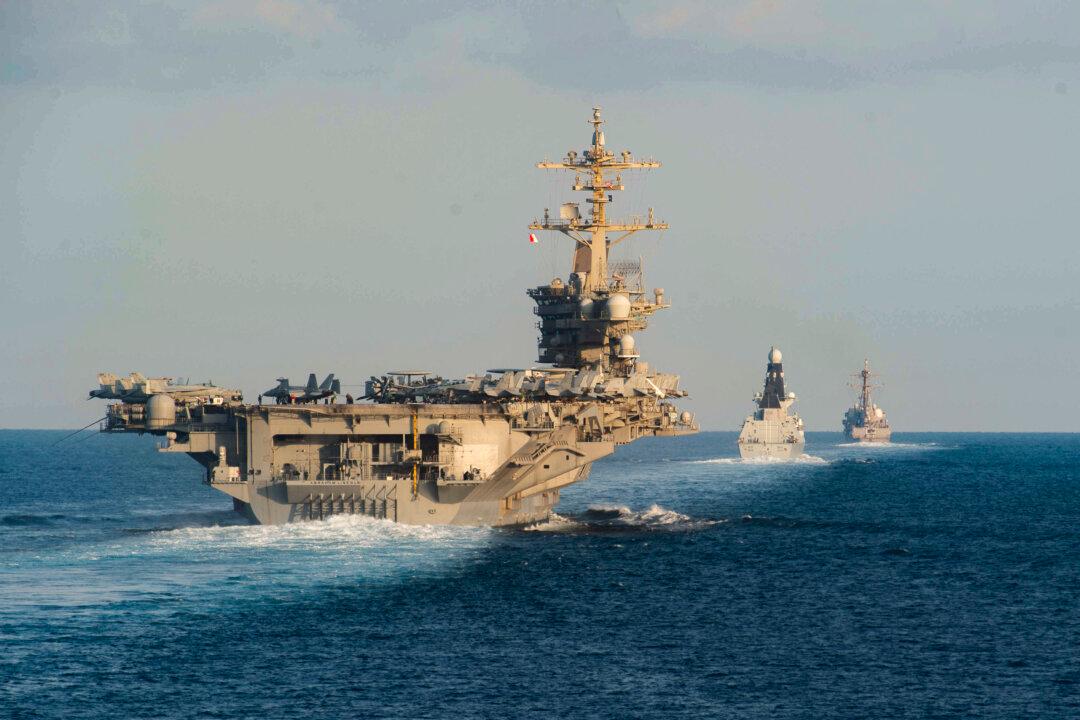The Pentagon announced on Aug. 2 the deployment of additional warships and fighter jets to the Middle East amid growing concerns about possible Iranian retaliation against Israel.
The United States enhanced its military posture in the region after Iranian Supreme Leader Ayatollah Ali Khamenei vowed to “take revenge” for the killing of Ismail Haniyeh, political leader of the Hamas terrorist organization, in Iran on July 31.





